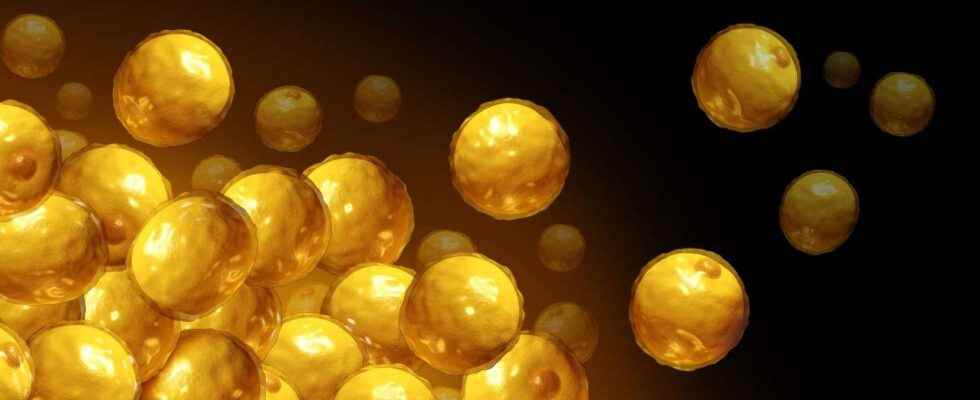A pre-published study suggests that the coronavirus can infect adipocytes and macrophages in fatty tissue. These results, if they are confirmed, would provide the first explanations for the serious and prolonged forms of Covid-19 which affect obese patients.
You will also be interested
[EN VIDÉO] Should you eat fatty foods when it’s cold? In winter, the body must make more efforts to fight against the cold. But while it may seem logical to eat more fat, this statement does not really hold up with our current lifestyles.
Scientists at Stanford, with the help of their colleagues in Switzerland and Germany observed the presence of theRNA from SARS-CoV-2 in the adipocytes, cells that store fat, and in immune cells residing in fatty tissue. These results, pre-published on the BioRxiv prepublication server, could explain, in part, why obese people (BMI > 30) are more affected by severe and prolonged forms of Covid-19.
If theobesity is linked to several pathologies that can make Covid-19 worse, such as diabetes Where inflammation disorders for example, not all obese people have it. However, the risk persists without scientists having been able to pinpoint the exact causes.
SARS-CoV-2 in fatty tissue
One of these could be the ability of SARS-CoV-2 to infect adipocytes. Scientists have collected from patients operated on in bariatric surgery visceral, subcutaneous, peri, and epicardial fat samples and then infected them with SARS-CoV-2. the genome from coronavirus was identified in mature adipocytes, but not in preadipocytes. The coronavirus can also infect a subtype of macrophage, called macrophage C2, which resides in fat tissue.
By digging a little deeper into this track, the scientists found that these macrophages were particularly pro-inflammatory. They secrete cytokines known to amplify the inflammatory reaction or attract other immune cells. If the preadipocytes are not infected with SARS-CoV-2, its presence changes their phenotype by making them, too, inflammatory. These experiences in vitro are supported by the observation of the coronavirus in fatty deposits, especially around of the heart and the lungs of patients who died from Covid-19.
The conclusions of this study, which has yet to be reread and published in a peer-reviewed journal, should be taken with caution. If they are confirmed by other independent studies, they could provide the beginnings of an explanation as to the serious forms of Covid-19 in obese people, but also on the appearance of the long Covid, if the fatty tissues form a reservoir for SARS-CoV-2.
Interested in what you just read?
.
fs6
